Unsurprisingly, some of the side effects of childbirth are not publicly discussed that often either. But one netizen recently decided to shed some light onto the topic and addressed the female internet users on Threads, asking them about the lesser-known side effects of bringing a child into this world. Many women replied to the thread, some even sharing their personal experiences, so if you’re interested in learning more about the less joyful side of giving birth, scroll down to find the netizens’ answers on the list below.
Image credits: gf.jewels In most families, they arrive bringing immense joy not only to their parents, but the extended family, and friends, too. Bearing in mind that those people can’t wait to meet the addition to the family, it’s safe to assume that the period that precedes the moment of birth is rather special, too. But the pregnancy, as well as giving birth itself, can be both special and difficult. The UN reports that, according to a recent study, more than a third of women experience lasting health problems after giving birth. Some of the most common ones include pain during sexual intercourse (experienced by roughly 35% of postpartum women), lower back pain (32%), anal incontinence (19%), urinary incontinence (experienced by somewhere between 8-31% of new moms), anxiety (9-24%), depression (11-17%), perineal pain (11%), fear of childbirth (tokophobia) (6-15%), and secondary infertility (11%). “Many postpartum conditions cause considerable suffering in women’s daily life long after birth, both emotionally and physically, and yet they are largely underappreciated, underrecognized, and underreported,” she was cited saying by the UN. “Throughout their lives, and beyond motherhood, women need access to a range of services from health-care providers who listen to their concerns and meet their needs - so they not only survive childbirth but can enjoy good health and quality of life.” Studies reveal that up to 45% of new moms report experiencing birth trauma; some even develop PTSD (post-traumatic stress disorder). According to a maternal mental health expert and spokesman for the Royal College of Obstetricians and Gynaecologists in the UK, Patrick O’Brien, after a traumatic experience, postpartum women might have to deal with an array of detrimental feelings. “Women with trauma may feel fear, helplessness or horror about their experience and suffer recurrent, overwhelming memories, flashbacks, thoughts and nightmares about the birth, feel distressed, anxious or panicky when exposed to things which remind them of the event, and avoid anything that reminds them of the trauma, which can include talking about it," he told BBC. But when women decide to have a baby, even if scared, it might be good for the people around them to know just how fearful they are. A study on the influence of women’s fear, attitudes, and beliefs of childbirth emphasized that women tend to have different levels of fear regarding the final chapter of their pregnancies, and that understanding their attitudes and level of fear can help midwives and doctors tailor their interactions with the soon-to-be moms. In addition to that, it’s important to try and help the mom-to-be as relaxed as possible under the given circumstances. According to the Counselling for Maternal and Newborn Health Care handbook, “Helping the woman to be as relaxed as possible and aware of her situation can help minimize the physical pain and emotional distress of labour and birth. Women can be helped with this by receiving adequate care, timely information, comfort, support and reassurance during labour and birth.” Follow Bored Panda on Google News! Follow us on Flipboard.com/@boredpanda! Please use high-res photos without watermarks Ooops! Your image is too large, maximum file size is 8 MB.




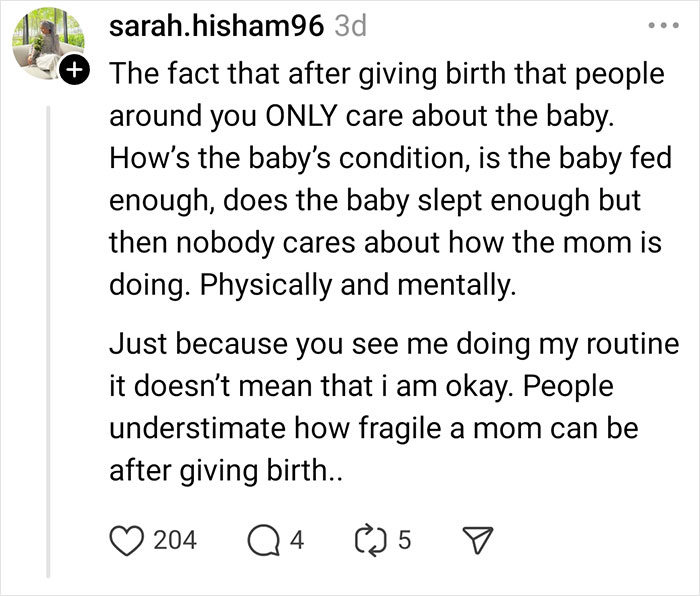











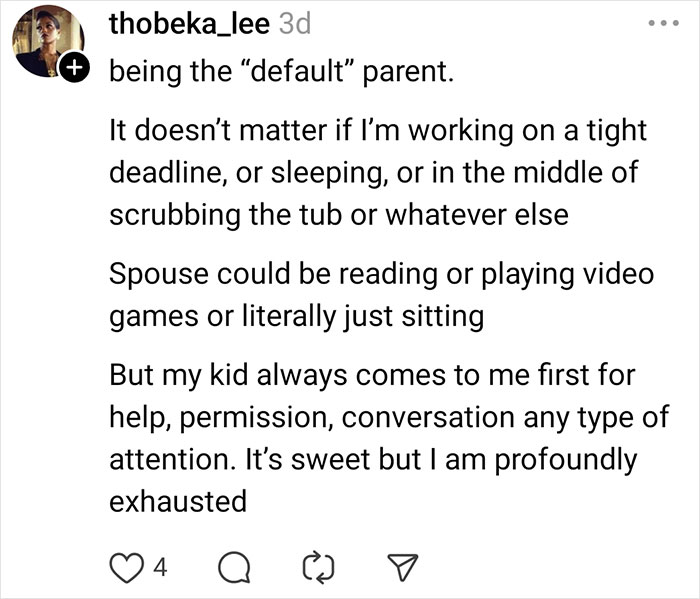


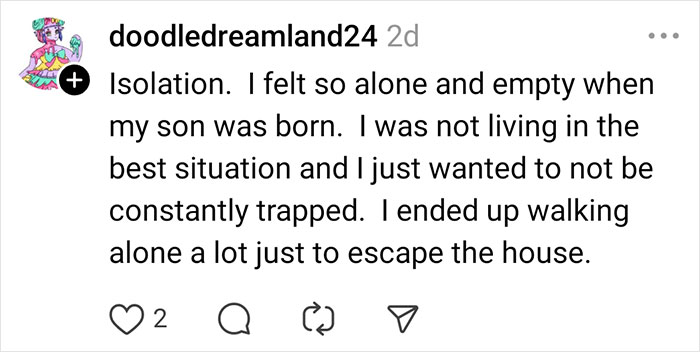













![]()



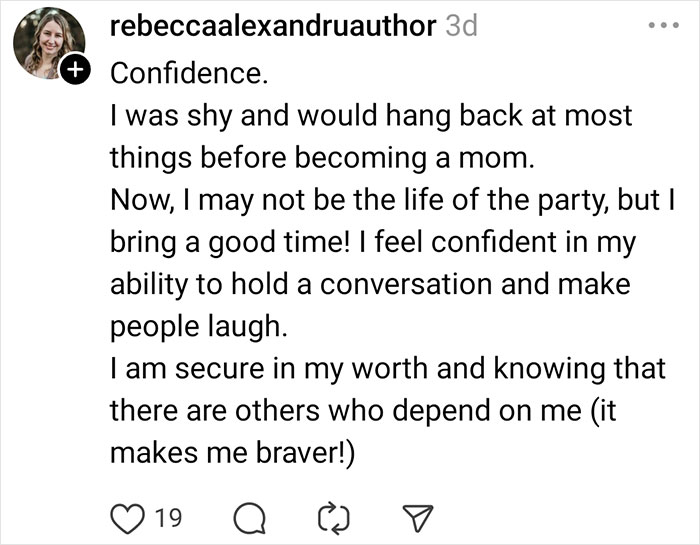


















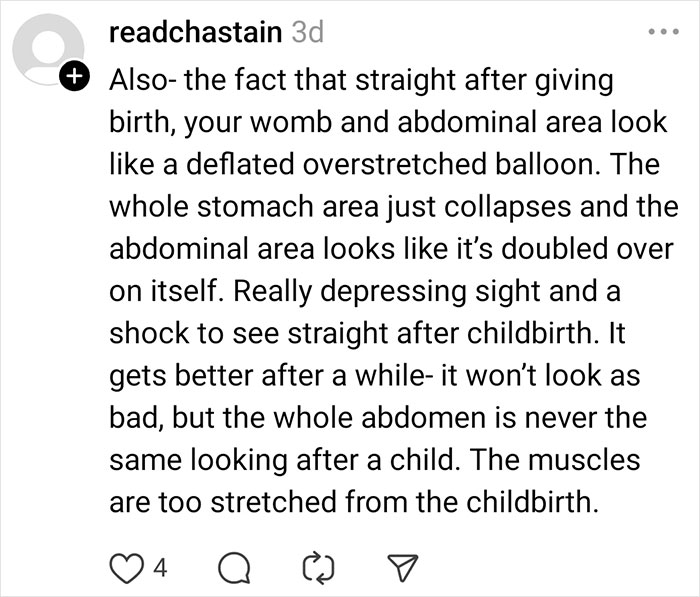

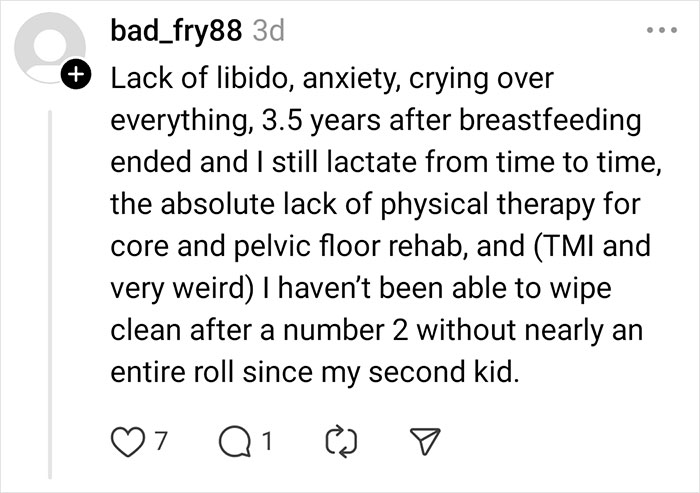











![]()


![]()





















![]()




